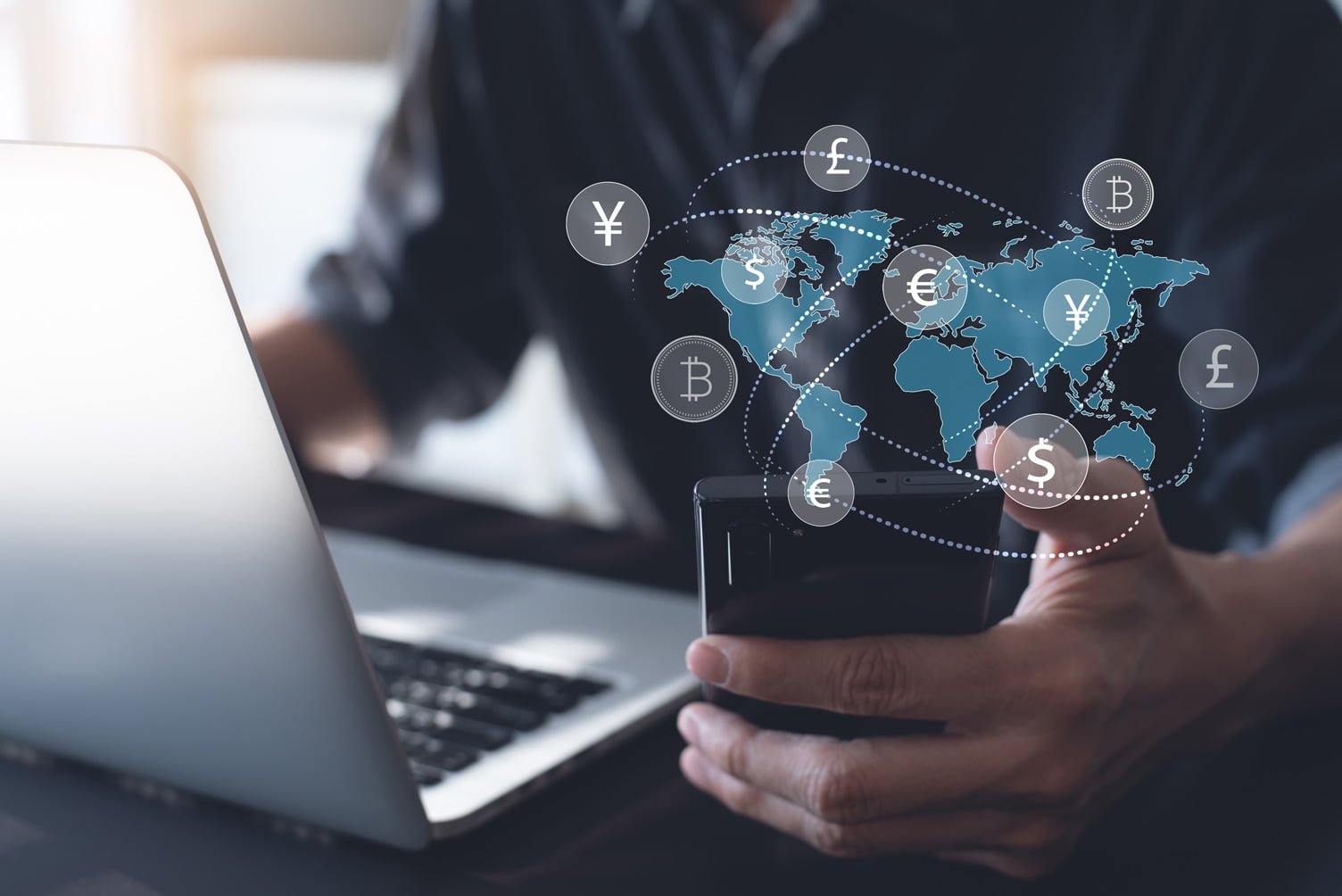
On May 10, 2023, the new legal framework updating the transfer pricing and tax deduction rules were sent for presidential sanction and publication.
In summary, the new transfer pricing rules are now more in line with the international standard established by the Organization for Economic Cooperation and Development (OECD) and will allow companies from the same group to start computing its profits in order to reflect the real value of the contribution of each party involved, as opposed to the previous fixed limits established.
These rules also aim to avoid double taxation between countries and “artificial” transfers of profits to jurisdictions with low or zero taxation (the so-called “tax havens”), where there is generally little or no economic activity.
The new Law is part of the set of rules that updates the national currency exchange framework, such as the new Law 14.286/21, which established:
- The end of the application of the fixed limits for remittances between related companies – amounts set forth in Ordinance 436/58 (1% – 5%).
- The end of the need to register contracts and documents with the Central Bank (including the annotation of a technology transfer contract within the Brazilian PTO) as a condition for remittance and tax deductibility.
Thus, with the new standard set forth by the new Law, PLV 8/23 (MP 1,152/22 and IN RFB 2,132/23), the following main points become effective:
- The payment of royalties to unrelated parties will be free, no longer subject to the transfer price and/or the fixed limit of 1% – 5% previously established. For related parties, the new rules of the Law become effective.
- Revocation of all deductibility rules on royalties with the previous fixed limits of 1% – 5%.
- It will no longer be necessary to register technology transfer agreements within the Brazilian PTO for remittance and/or deductibility purposes.
- In principle, such rules will also apply for transactions that are not subject to transfer pricing rules, including royalty payment transactions within the Brazilian territory (Art. 10, IN RFB 2.132/23).
- Rules are valid as from January 1, 2024, but taxpayers may opt for an early entry within the calendar year of 2023.
Pursuant to the Law, basically everything that is not a tangible asset or financial asset will be considered an intangible asset, regardless of registration or legal protection. Thus, the ownership of the intangible asset (trademark, patent, etc.) will be considered only as a subsidiary element for determining the right to the royalty, therefore favoring the allocation of results to be computed in accordance with the contributions, functions and risks supported by each party. That is, the DEMPE functions (Development, Improvement, Maintenance, Protection and Exploitation) will become increasingly relevant in operations and contracts involving technology transfer.
Thus, the deductibility of royalties will be subject to the analysis of risks and functions associated with the arm’s length principle, broadly defined in the Law. The Comparable Independent Price (“PIC”) method is now considered the “best method” for analyzing the deductible amount, when sufficient information is available. However, since Intangible Assets are normally considered as assets that are difficult to value, the Law provides four other accepted methods, opening the possibility for even other methods, provided that the alternative methodology adopted produces a result consistent with what would be achieved in comparable transactions carried out between unrelated parties.
Another interesting novelty is the permission to open a specific consultation process with the Special Secretariat of the Federal Revenue Service (IRS) in order to jointly determine the best method to be used by the taxpayer in terms of transfer pricing in its controlled future transactions. With this, Brazil starts to adopt the “Advanced Pricing Arrangements” (APAs), opening the possibility for discussion in a transparent way with the Government and providing greater predictability for the operations. The matter will still be regulated by the Federal Revenue Service (IRS).
In practice, such rules places Brazil within a legal framework that is more compatible with international standards and we understand that form now on contracts will increasingly represent the economic reality of transactions, improving the national business environment and favoring remuneration of activities developed locally.




